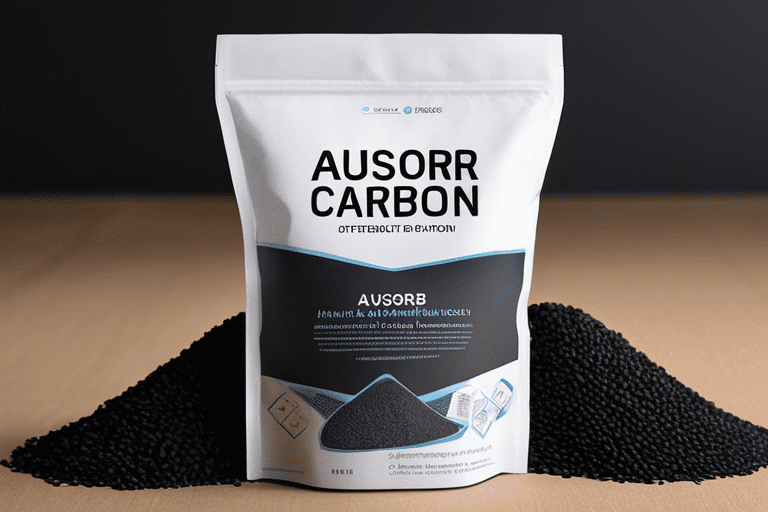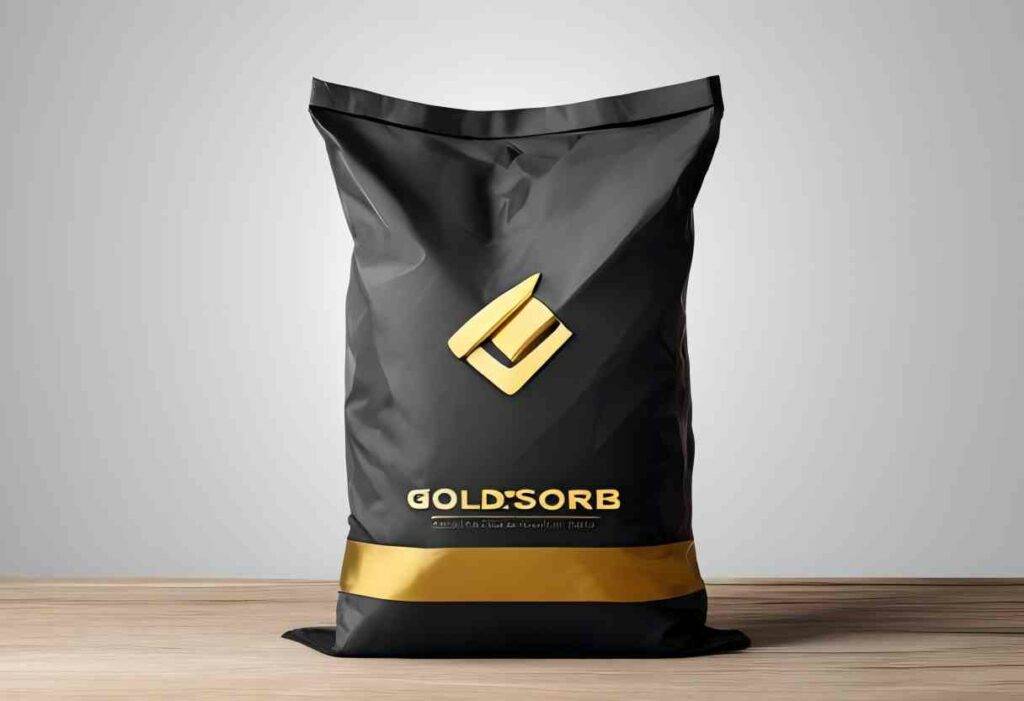
Executive Summary
The coconut shell activated carbon market has shown significant growth and development in 2024, driven by increasing environmental concerns and the rising demand for clean water and air purification solutions. This report provides an overview of the current state of the market, key trends, and future prospects.
Market Overview
The global coconut shell activated carbon market size reached approximately USD 1,495.81 million in 2024, continuing its growth trajectory from previous years. The market is projected to maintain a Compound Annual Growth Rate (CAGR) of 5.50% in the coming years, indicating sustained demand and market expansion.
Key Developments
1. Technological Advancements
In 2024, companies like Jacobi Carbons have introduced innovative production methods that have improved product efficiency while reducing production costs. These advancements have led to more resource-efficient manufacturing of activated carbon products used in water and air purification.
2. Environmental Regulations
Stricter environmental regulations worldwide have boosted the demand for eco-friendly filtration solutions, positioning coconut shell activated carbon as a preferred choice due to its sustainable sourcing and effectiveness.
3. Application Expansion
While water and air purification remain primary applications, the use of coconut shell activated carbon has expanded into new sectors, including:
- Food and beverage processing
- Pharmaceutical and medical applications
- Automotive industry
- Gold extraction
Market Segmentation
The market is segmented based on product types:
- Granular Activated Carbon
- Powdered Activated Carbon
- Others (including extruded or pelletized forms)
Granular activated carbon continues to dominate the market due to its versatility in both liquid and gas phase applications.
Drivers of Growth
- Increasing Demand for Clean Water: Growing global water scarcity and pollution issues have intensified the need for effective water treatment solutions.
- Air Quality Concerns: Rising air pollution levels in urban areas have driven the demand for air purification systems using activated carbon.
- Sustainability Focus: The eco-friendly nature of coconut shell-based activated carbon aligns with global sustainability initiatives.
- Industrial Applications: Expanding use in various industries for decolorization, solvent purification, and odor removal.
Challenges
- Raw Material Supply: Ensuring a stable supply of coconut shells amidst increasing demand and potential climate-related disruptions.
- Competition from Alternative Materials: Other sources of activated carbon, such as coal and wood, continue to compete in certain applications.
- Production Costs: Despite recent innovations, the production process remains energy-intensive, affecting overall costs.
Future Outlook
The coconut shell activated carbon market is poised for continued growth beyond 2024. Key areas of focus include:
- Research and Development: Ongoing efforts to improve activation processes and expand application areas.
- Circular Economy Integration: Exploring ways to regenerate and reuse spent activated carbon to enhance sustainability.
- Market Expansion: Increasing penetration in emerging economies with growing environmental concerns and industrialization.
- Product Customization: Developing tailored solutions for specific industrial applications to gain a competitive edge.
Conclusion
The coconut shell activated carbon market in 2024 demonstrates robust growth and promising future prospects. Driven by environmental concerns and technological advancements, the industry is well-positioned to meet the increasing global demand for sustainable purification solutions across various sectors.

